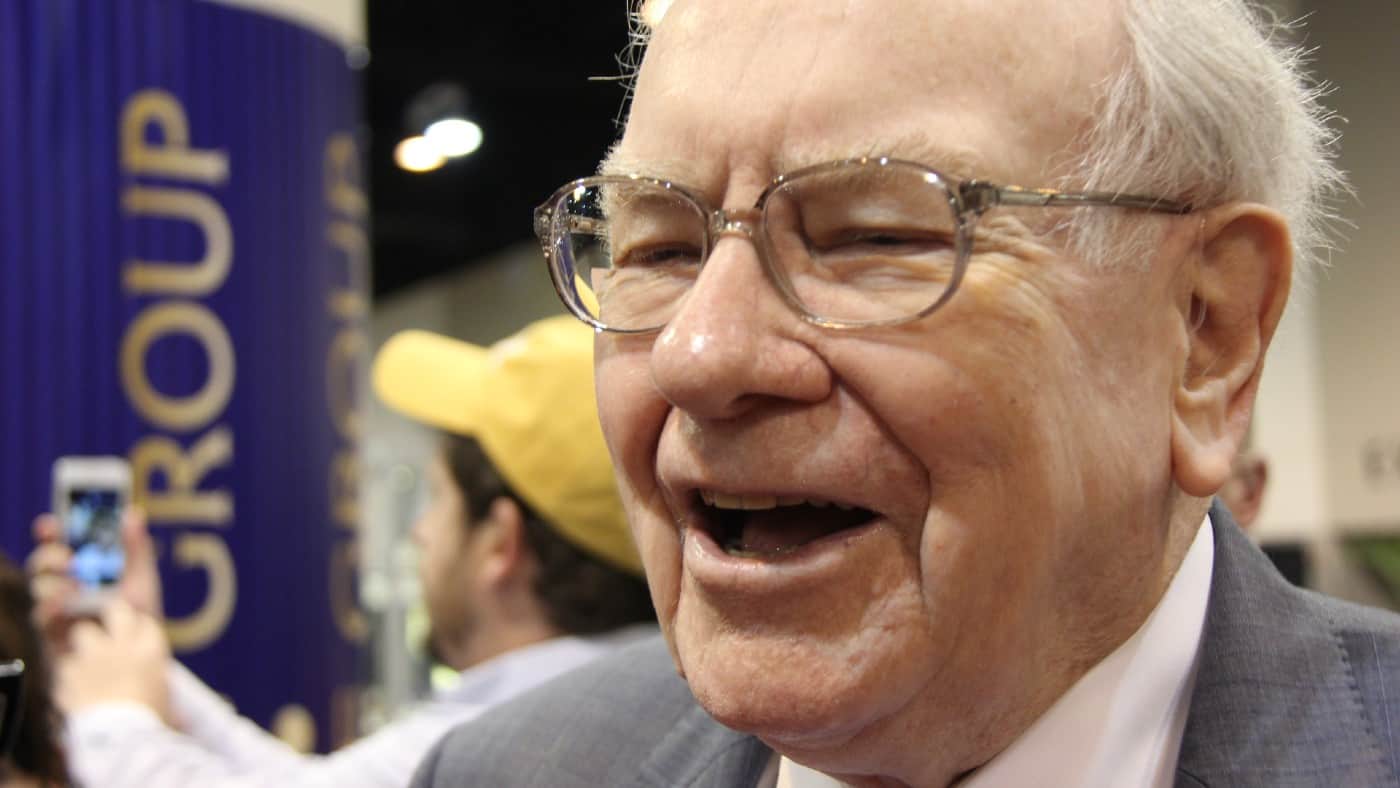In his stellar investment career, Warren Buffett has invested in a few UK shares. Hoping to apply his wisdom to my own portfolio, here are a few important elements of what Buffett has looked for in UK shares.
A business moat trumps growth prospects
At the 1994 Berkshire Hathaway annual meeting, Buffett was asked about the position he held at that time in Diageo (then known as Guinness). He said that it was “a very important company in that business (whisky distilling and beer brewing), but I wouldn’t count on a lot of physical growth”.
I find that an interesting insight into how Buffett approaches buying shares. Why would he invest in a company where he felt the expectations for growth were fairly low? In the case of Diageo, Buffett’s answer recognised its strong position in the industry. That could give it business advantages such as economies of scale.
Why Warren Buffett values brands
He also recognised that demand for beer and whisky would likely remain strong in many markets. So even if he was not expecting much growth, Buffett saw an existing sizeable market with attractive profit margins and expected it to remain that way. Diageo also has the sorts of brands that Buffett thinks give a company what he calls a moat – basically a competitive advantage. There is only one Guinness. Competitors will not be able to copy it exactly.
I think Diageo illustrates the fact that when the Oracle of Omaha looks for shares, he is more interested in their business moat than he is in fast growth rates. If a company has a strong competitive advantage in a large, durable market that alone could help it be profitable in the long term even without explosive growth.
Ongoing focus on long-term business performance
In his shareholders’ letter this year, Buffett noted that “we own stocks based upon our expectations about their long-term business performance”. That involves a couple of stages.
The first stage is assessing the shares before buying them, to see whether their long-term business prospects look attractive at a given price. But the second stage is sometimes overlooked. That involves monitoring shares once one has purchased them, to see whether anything has changed to affect the investment case. If it has, it may be that the shares are no longer attractive. In such a case, Buffett’s own approach involves selling the shares.
But even the best investors make mistakes – including Warren Buffett. Here is what he wrote in 2015 about his sale of Tesco: “An attentive investor, I’m embarrassed to report, would have sold Tesco shares earlier. I made a big mistake with this investment by dawdling.”
In other words, the Sage of Omaha reckoned he cost his company a lot of money by not paying close enough attention to a UK share he owned. If he had, he would have sold the shares earlier.
So, both in buying and selling, Buffett’s approach to UK shares echoes what he looks for in US shares. He is forming an expectation about a business’s long-term business prospects. Once he has formed that opinion, he then tries to pay attention to any information that might change it in an important way.
